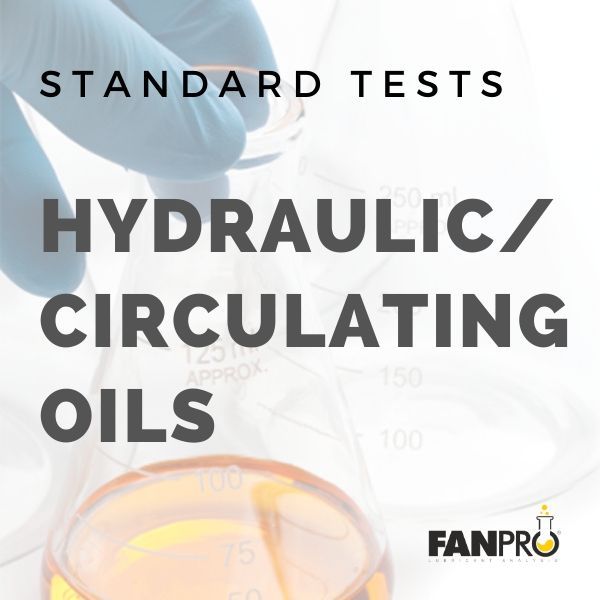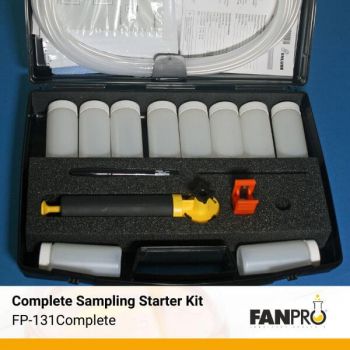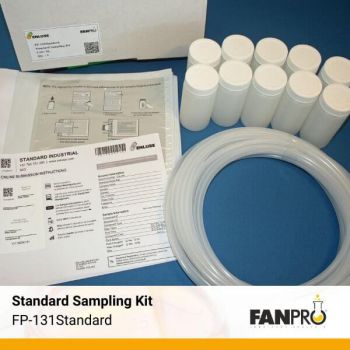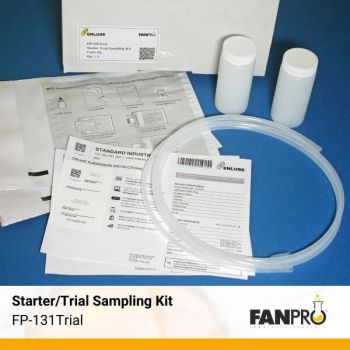We use cookies to make your experience better. To comply with the new e-Privacy directive, we need to ask for your consent to set the cookies. Learn more.
Availabilty In stock
Item #
FP-41PK
Hydraulic or Circulating Oils Test
€58.56
Hydraulic or Circulating Oils Test
Standard Test: Hydraulic/Circulating oils
| Brand | FanPro |
|---|---|
| Weight | 453.59 gram / 1 lbs |




